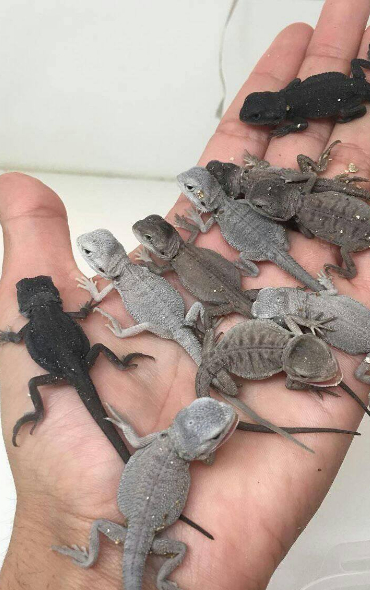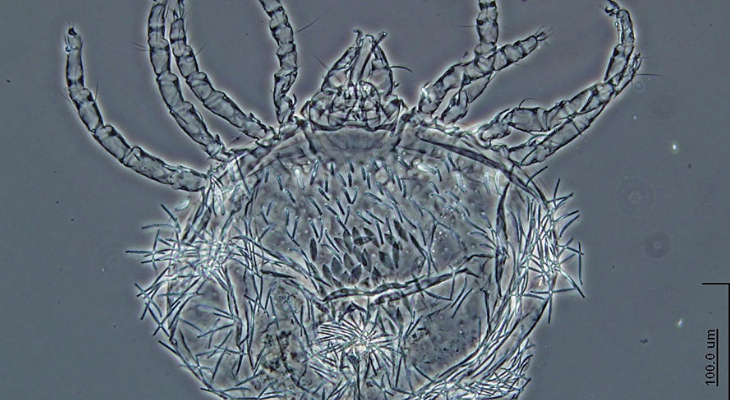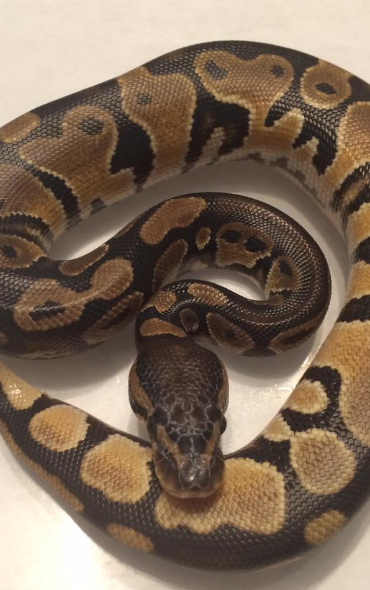One Maltese man has been instrumental in discovering numerous species of flora and fauna on the Maltese Islands. This includes the Esther gecko mite, the smallest endemic species, whom naturalist, entomologist and herpetologist Arnold Sciberras named after his wife. Also a pest control consultant, photographer and volunteer at Nature Trust, Arnold set up three NGOs and five companies related to his interests. Arnold shares a little about his passion about wildlife, insects and reptiles.
1. Who is Arnold Sciberras, the Naturalist?
"I’ve always been interested in wildlife ever since I can remember. I had a passion for knowing which species lived wherever I went. Wildlife conservation is a fire that started when I was young and only continued to grow ever since."
2. Who is Arnold Sciberras, the Entomologist?
"Insects were always my favourite. There are some groups I specialise in, such as blattodea (cockroaches), odonata (dragonflies) and orthoptera (grasshoppers). However, I have an interest in all the groups. I suggest the Invertebrate Keepers & Researchers Malta Facebook group if people want to find out more!"
3. Who is Arnold Sciberras, the Herpetologist?
"My interest in local reptiles started shortly after I became fascinated in insects, but as time passed, my studies became more progressive on the genus podarcis (wall lizards). I conducted several intensive studies on the local species and several Mediterranean ones."

Gábor Orosz
4. How did you become such an expert in all of these fields?
"Actually, you never know enough. It’s that hunger that drove my interest in all species but to specialise in some groups. Although I followed academic institutions, I am mostly self-taught. I am what I am today by conducting long hours of field research and reading everything I can find on my subject. It is also the fruit of my publications, whether solo or co-authored."
5. How did you discover so many species in Malta?
"That is a question that it is difficult to answer. You do not go out to discover new species but I make sure I enjoy or conduct particular research. Most of the discoveries are a byproduct of another study or are just pure accidents. However, if you know the biodiversity of a site well, including most available literature, a light quickly turns on when you stumble upon something of interest."
6. How did you discover the tiny Esther gecko mite?
"Seeing spots on the geckos of the Mediterranean always intrigued me. They are different from each other, so we investigated. In Wied is-Sewda, in the limits of Qormi, we discovered a very unique mite living on the Geckos. Together with researchers Michael Bertrand and Walter Pfliegler, I researched for eight years to discover that this mite is nowhere else to be found in the world; it is an endemic species to Wied is-Sewda. We agreed to name the Esther gecko mite after my wife, who offered us all huge support during this period. The name of the species will remain there forever. It is the only eternal gift I could ever give her."

7. Who is Arnold Sciberras, the photographer?
"Not a very good one, I must add. I cannot be bothered to get the best light and the best angle, but when I shoot, I always make sure that I will get a good record shot of the specimen, which later can be used for scientific examination."
8. Who is Arnold Sciberras, the Nature Trust Volunteer?
"I spend over two decades very actively involved in conservation efforts with Nature Trust Malta. I was also a keeper of records and highly involved in the publications. Today, although we still hold the best of relationships, I have other duties to fulfil with my NGOs."
10. Why did you set up the Malta Herpetological Society?
"I am a cofounder of The Malta Herpetological Society. It was formed in 2013 to promote the scientific study and conservation of the local wild herpetofauna (reptiles). It also covers every branch related to herpetofauna activity carried out on the Maltese islands. These include animal welfare and education for responsible ownership, trade and the exchange of reptiles. The society endorses caging standards, sound husbandry, escape prevention protocols and an integrated approach to vital conservation issues and control of alien species. Our goal is to facilitate cooperation between government agencies, the scientific community and the private sector in order to produce policy proposals that will effectively address important animal welfare, husbandry and conservation issues. The health of these animals, public safety, and maintaining ecological integrity are the primary concerns of this NGO."

Steve Dingli
11. Why did you set up the Malta Rodent Society?
"The Malta Rodent Society was formed in 2014 as a non-profit national club. Anyone that has an interest in rodents can be a member. The main purpose of MRS is to promote and encourage the breeding and exhibition of all types of rodents in the Maltese Islands. We also educate the public on their positive qualities as companion animals and provide information on their proper care. Competition shows, much like cat, rabbit, or dog shows, will be held as soon as a committee is formed. The pet shows are dedicated to pets only, with fun classes for rodents regardless of their physical qualities."
12. Why did you set up the Maltese Landraces Research Initiative?
"Originally, Columbatopia was initiated to save the endangered Maltese Runt Pigeon and eventually developed as a global project on all Maltese land races. Columbatopia is a research initiative to scientifically document Maltese land races of plants and animals that were developed in the Maltese islands through artificial selection (domestication). This page is dedicated for sharing and gathering information on these organisms to help their future existence."
13. Who is Arnold Sciberras the pest control consultant?
"I’m known as the exterminator. I’m a professional Pest Control Consultant who aims to solve all domestic, industrial, agricultural and environmental pest control related problems. As a naturalist, I use natural ingredients whenever possible to target specific results, so the non-target ones are not affected. I have a deep knowledge on the subject and have dedicated much time and effort in scientific publications to educate the public and improve the pest control industry in the Maltese islands."
14. Who is Arnold Sciberras the entrepreneur?
"Apart from pest management, I have other businesses related to veterinary services, rat farming, gardening and research. I love everything I do, however dealing with pests is my soft spot."
A final note
Malta probably owes Arnold Sciberras a great deal, not just for his work in the field and wonderful discoveries, but also for the large amount of photographic documentation he has provided.
View some of his work here: